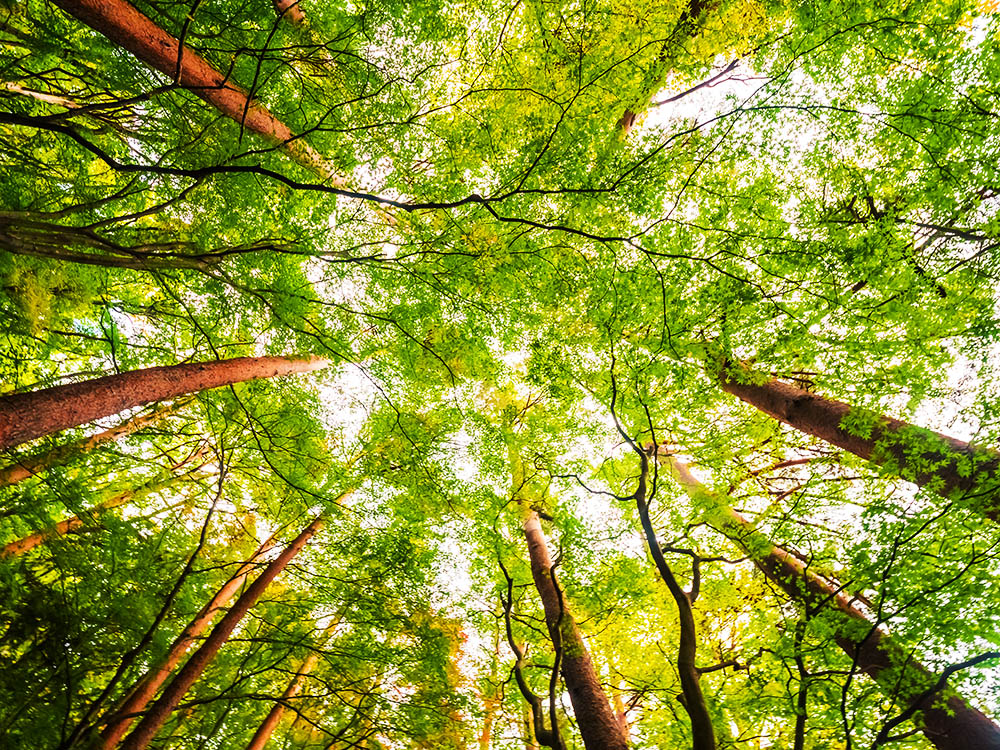The planet we live on is under threat due to the various forms of human activities around the world. The climate is changing rapidly; natural habitats are being destroyed, and precious species are being endangered. In the face of all these, there is the pressing need to invest in nature reserves, and to do it as a matter of urgency. In this article, we shall explore key reasons why investing in nature reserves is essential for our future.
Nature Reserves are Home to Endangered Species
With the rate of deforestation, global warming, and pollution, various species of plants and animals are becoming endangered or, worse still, getting into extinction. However, investing in nature reserves can be a great way to ensure that these species are saved. Nature reserves offer a haven for endangered species to survive and, eventually, thrive.
The number of extinct species has continued to increase at an alarming rate as human activity has continued to destroy habitats. Conservation efforts have helped prevent extinction in some species, but a more proactive approach is needed to secure their future. A great way to do so is by creating and investing in nature reserves.
Nature Reserves Facilitate Environmental Education and Research
Nature reserves provide a perfect avenue for environmental education and research. It gives scientists and researchers access to study the habitats and ecosystems therein, as well as providing insight into the behavior of different species and how best to protect them. Nature reserves are also excellent locations for on-site environmental education centers. Visitors can learn about the different species found in nature reserves, the importance of conservation, and the negative impact of human activities on the environment.
Nature Reserves Help to Address Climate Change
Climate change is one of the most critical issues that the world is currently facing. One of the major causes of climate change is the emission of greenhouse gases from human activities like agriculture, transportation, and electricity generation. Nature reserves can play a major role in mitigating the effects of climate change by serving as carbon sinks.
Through photosynthesis, plants absorb carbon dioxide from the atmosphere and store it as carbon in the soil. Maintaining forests and other natural habitats helps to preserve these carbon reserves that would otherwise be release through deforestation or land-use changes. Investing in nature reserves also encourages reforestation or afforestation efforts, which increases the number of trees around the world and helps to sequester carbon dioxide from the atmosphere further.
Nature Reserves Promote Ecotourism and Economic Development
Investing in nature reserves also promotes ecotourism and has the potential to help local economies grow by attracting visitors from all over the world. By setting up lodges and resorts within nature reserves, tourists can enjoy observing nature and learning about environmental protection while relaxing among the natural beauty. This also provides job opportunities for local communities and boosts their economic output.
Tips to Create and Invest in Nature Reserves
Creating and investing in nature reserves can be challenging given the cost involved and the need for a significant land area, but it is critical to the preservation of the planet. Here are some tips for creating and investing in nature reserves.
1. Partner with conservation organizations and government agencies
Partnering with conservation organizations and government agencies can significantly reduce the cost of creating and managing nature reserves. Conservation organizations can offer funding, legal, and environmental expertise, while local government agencies can provide assistance with planning permissions and land acquisition.
2. Involve local communities in the creation and management of the reserve
Involving local communities in the creation and management of nature reserves is essential for ensuring sustainability. The involvement of communities can help to create local ownership of the reserve and promote environmental education, which can help to reduce the rate of illegal activities within the reserve.
3. Develop a sustainable funding plan
Creating and managing nature reserves come with significant costs; therefore, it is essential to develop a sustainable funding plan. Explore funding options like grants, donations, endowment funding, or operating income generated by eco-tourism.
4. Use technology to manage the reserve
Innovative technology like drones, satellites, and camera traps can be deployed in nature reserves for effective monitoring and management. Harnessing technology for the management of the reserve ensures that nature reserves are run efficiently and that the resources invested in creating them are effectively utilized.
Conclusion
The environment and natural habitats continue to be destroyed by human activities, and the number of endangered species continues to increase. However, investing in nature reserves is a great step towards preserving these flora and fauna. Nature reserves play a vital role in facilitating environmental education and research, addressing climate change, promoting ecotourism and improving economic growth. The tips mentioned above can be helpful in creating and managing nature reserves effectively. Let us join hands to create and invest in nature reserves for the sake of our planet and secure the future.

Deja una respuesta